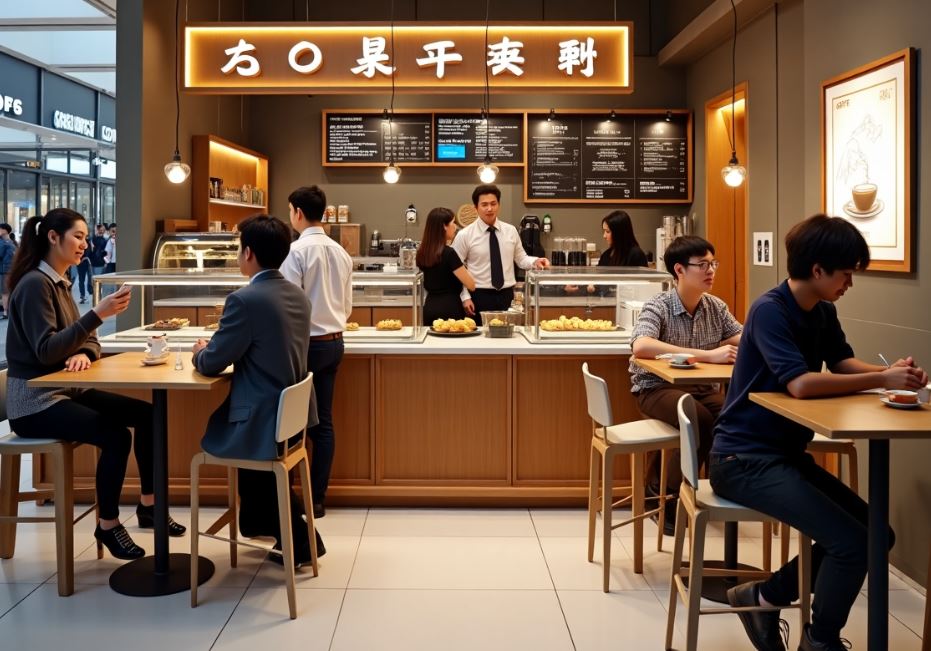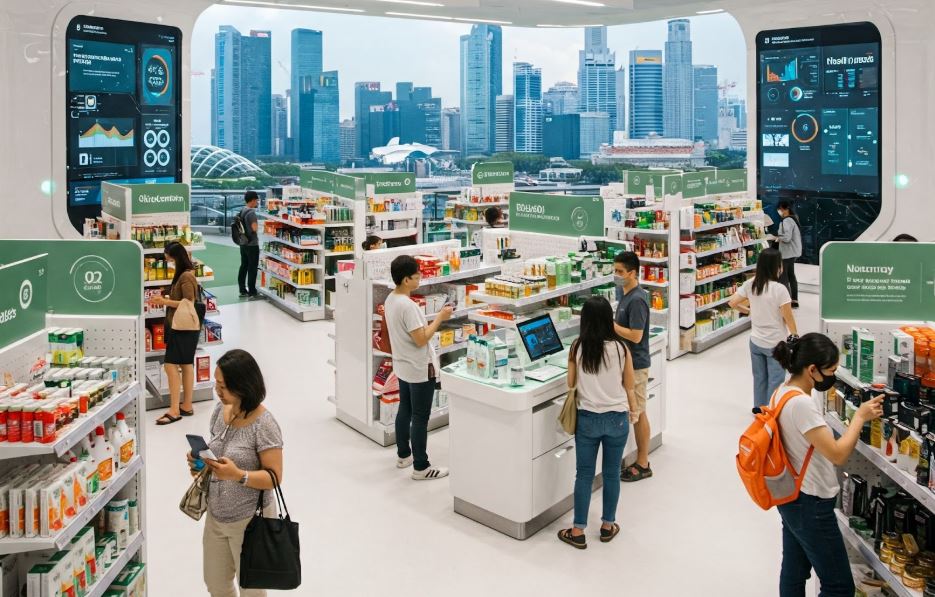Opening an in-store café in Singapore may soon become non-profitable

Entrepreneurs looking to register a small or medium-sized enterprise (SME) in Singapore may want to avoid opening an in-store café, as experts warn that the market is reaching saturation and profitability is declining.
Retailers have increasingly integrated cafés into their stores to attract foot traffic and enhance brand identity. Luxury brands such as Prada and Louis Vuitton have recently introduced in-store cafés, using them as an extension of their brand experience rather than a primary revenue source. While this approach works for established brands, smaller businesses face significant challenges.
One of the primary concerns is the high cost of operations. Renting retail space in Singapore is among the most expensive in the world, especially in prime and crowded locations such as Orchard Road or Marina Bay Sands. Small businesses may struggle to justify the cost of securing a retail-café hybrid space, as the profit margins on coffee and light dining are often thin. Additionally, Singapore’s ongoing labor shortage makes hiring and retaining skilled café staff difficult, adding to operational challenges.
Competition in the café sector is also intense. A YouGov study found that while 80% of Singaporeans drink coffee at least once a month, 58% consume it daily. Preferences also vary across age groups – while 85% of Gen X and 83% of Baby Boomers regularly drink coffee, only 59% of Gen Z do the same. This means that while coffee remains popular, new cafés must consider shifting consumer preferences and increasing demand for specialty beverages.
Integrating cafés into retail spaces taps into Singapore’s strong café and foodie culture. According to an executive director of Retail and Lifestyle at Savills Singapore, Singaporeans are known for their adventurous approach to food and beverage experiences, making café concepts appealing. Even those who are not frequent shoppers are often willing to spend on a premium café experience. However, with more retailers entering the space, standing out has become increasingly difficult.
Beyond financial concerns, running a café requires proper licensing, hygiene certifications and a level of food and beverage expertise that many retailers lack. Poor execution, for example, in service quality or menu offerings, can negatively impact a business’s brand image rather than enhance it. Analysts suggest that instead of following the in-store café trend, entrepreneurs should explore alternative business models such as tech-driven retail solutions, sustainable products or experiential services that require less overhead and offer stronger growth potential.
While in-store cafés may continue to be a branding tool for luxury retailers, their high costs and market saturation make them risky ventures for SMEs. New owners risk significant financial losses in an already crowded market without a clear competitive advantage. As more retailers add cafés to their stores, businesses will need to think beyond coffee to stand out, seeking innovative approaches to maintain customer interest and profitability.



